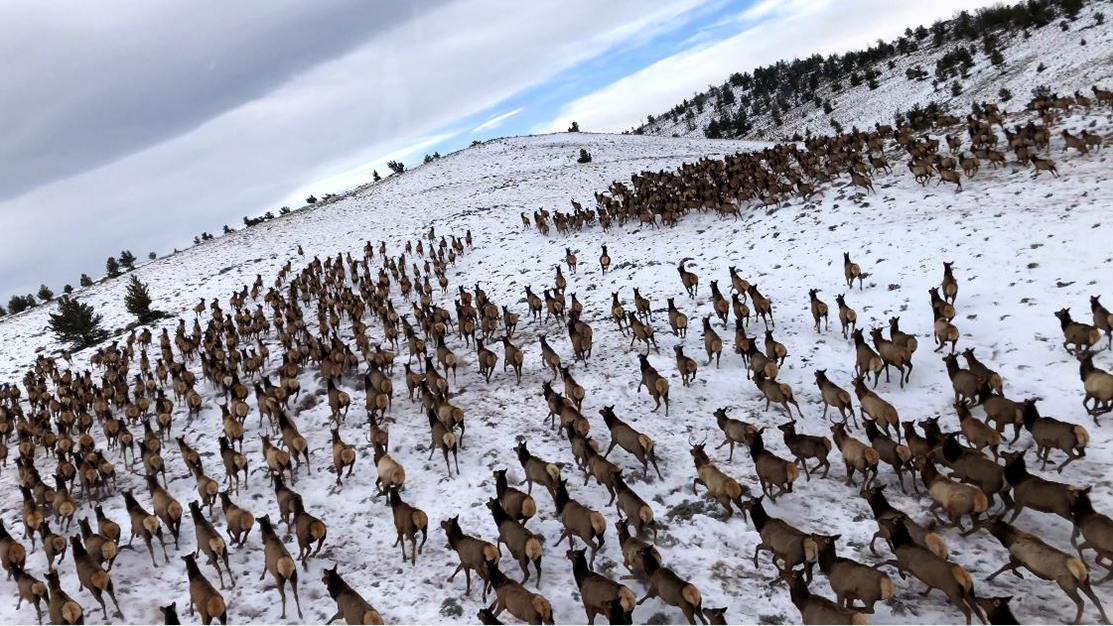What's your experience with fires and your hunt? Interested in wildland firefighter, biologist, and hunter experience. I have limited experience hunting areas in relative proximity of a forest fire though not sure I was really focused on the habits of wildlife vs assuring my own safety, etc.
At what distance from a fire does wildlife move?
How far from a fire do they settle?
Does it reduce, or increase, (or no difference) ungulate alert level to human / predator threat?
How does smoke effect their ability to catch scent, or does it have any effect?
Do ungulates gravitate towards more specific geographic locations? i.e. coolies/ravines? high elevation? Thick or sparse treed area, etc?
Does their feed / sleep time modify or remain?
Any other interesting thoughts about big game / predators worth noting for hunters?
Is there a difference for those questions based on the animal - elk, deer, bear, wolf?
Yes - hunters need to check for fire restrictions. Agree hunters need to be very aware of fire use even when restrictions are not present. Advised to contact the ranger station that covers the area of the hunt for most updated info on fires, etc... I'm interested in the wildlife activity during a fire. The ethics, brain power of the hunter is an entirely different topic.
Thanks all.
edit added: changed title "Effect" to "Affect". verbiage use. haha!
At what distance from a fire does wildlife move?
How far from a fire do they settle?
Does it reduce, or increase, (or no difference) ungulate alert level to human / predator threat?
How does smoke effect their ability to catch scent, or does it have any effect?
Do ungulates gravitate towards more specific geographic locations? i.e. coolies/ravines? high elevation? Thick or sparse treed area, etc?
Does their feed / sleep time modify or remain?
Any other interesting thoughts about big game / predators worth noting for hunters?
Is there a difference for those questions based on the animal - elk, deer, bear, wolf?
Yes - hunters need to check for fire restrictions. Agree hunters need to be very aware of fire use even when restrictions are not present. Advised to contact the ranger station that covers the area of the hunt for most updated info on fires, etc... I'm interested in the wildlife activity during a fire. The ethics, brain power of the hunter is an entirely different topic.
Thanks all.
edit added: changed title "Effect" to "Affect". verbiage use. haha!
Last edited:





